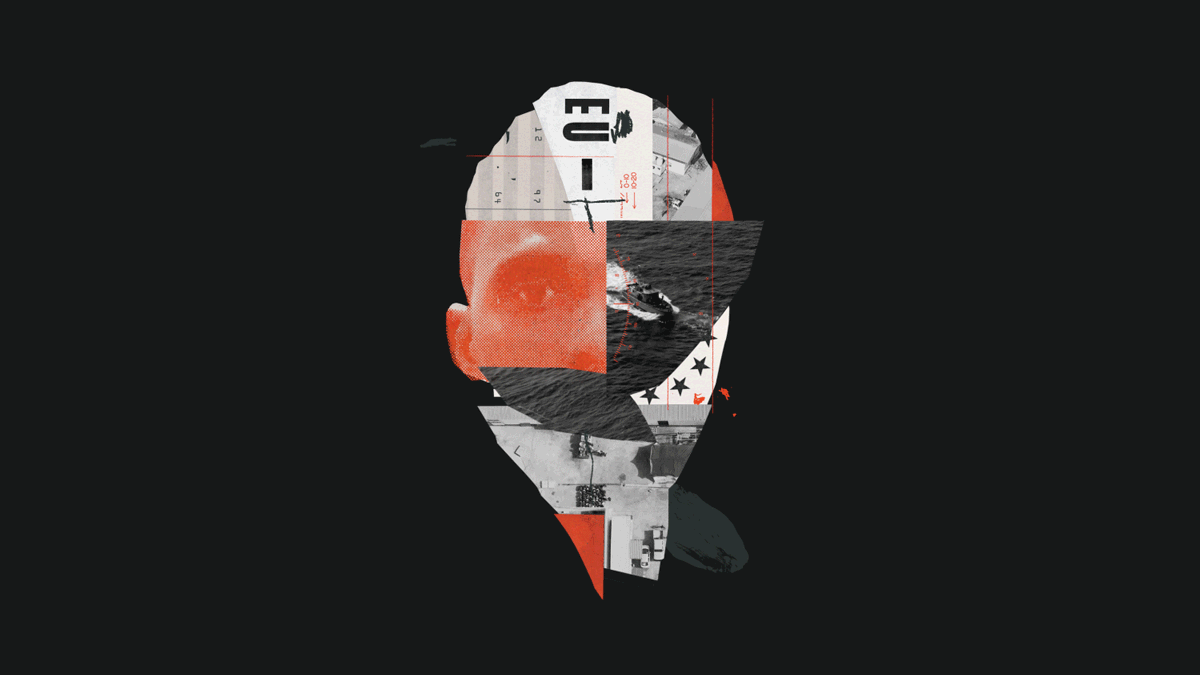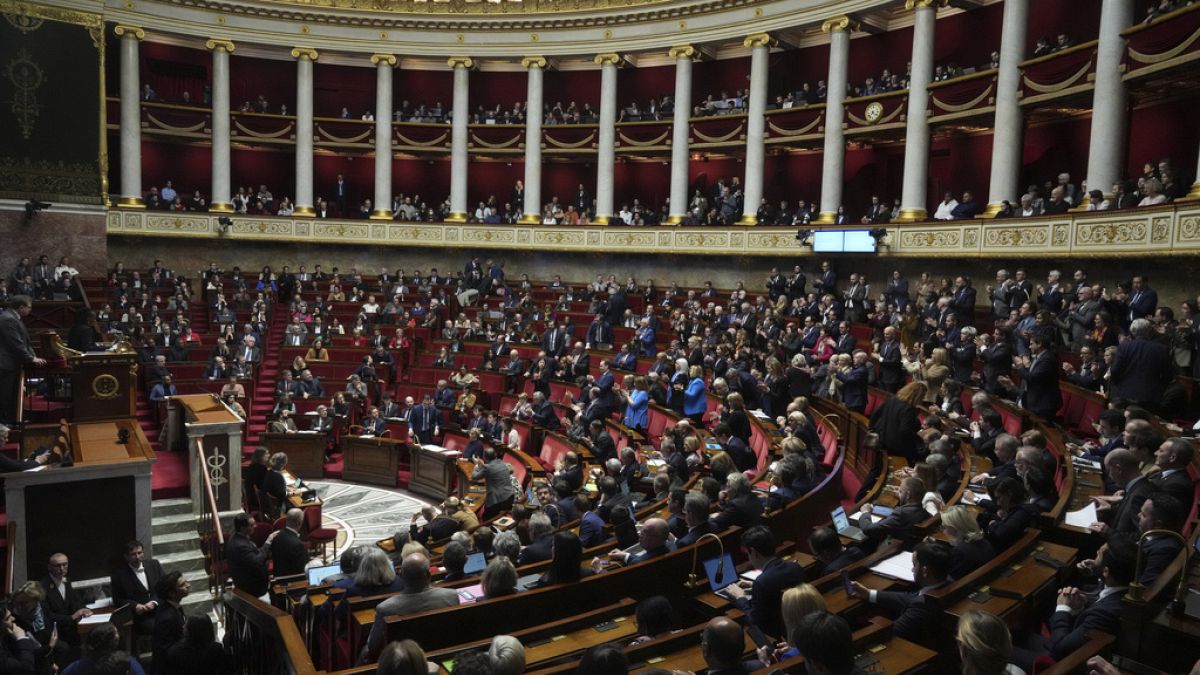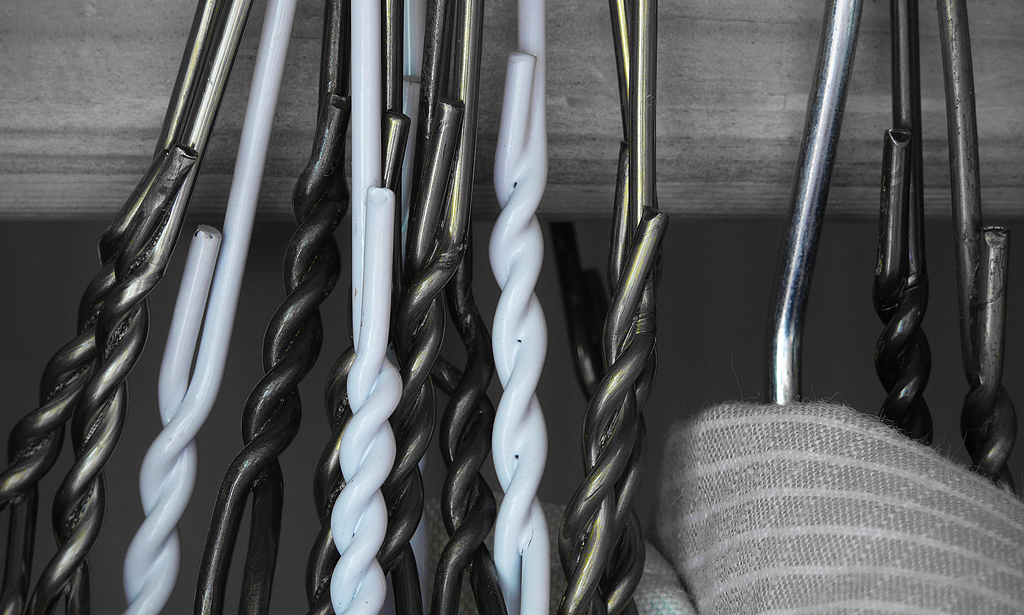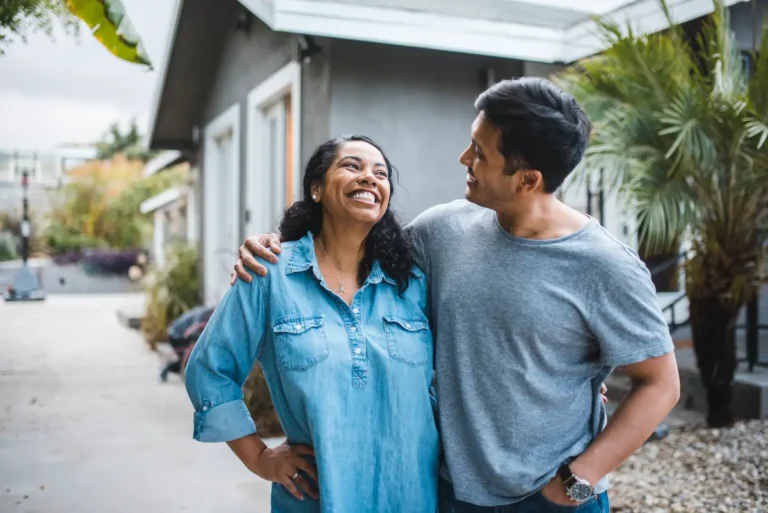At 3 a.m. on February 5, 2021, Aliou Candé, a sturdy, shy twenty-eight-year-old migrant from Guinea-Bissau, arrived at the prison. He had left home a year and a half earlier, because his family’s farm was failing, and had set out to join two brothers in Europe. But, as he attempted to cross the Mediterranean Sea on a rubber dinghy, with more than a hundred other migrants, the Libyan Coast Guard intercepted them and took them to Al Mabani. They were pushed inside Cell No. 4, where some two hundred others were being held. There was hardly anywhere to sit in the crush of bodies, and those on the floor slid over to avoid being trampled. Overhead were fluorescent lights that stayed on all night. A small grille in the door, about a foot wide, was the only source of natural light. Birds nested in the rafters, their feathers and droppings falling from above. On the walls, migrants had scrawled notes of determination: “A soldier never retreats,” and “With our eyes closed, we advance.” Candé crowded into a far corner and began to panic. “What should we do?” he asked a cellmate.
No one in the world beyond Al Mabani’s walls knew that Candé had been captured. He hadn’t been charged with a crime or allowed to speak to a lawyer, and he was given no indication of how long he’d be detained. In his first days there, he kept mostly to himself, submitting to the grim routines of the place. The prison is controlled by a militia that euphemistically calls itself the Public Security Agency, and its gunmen patrolled the hallways. About fifteen hundred migrants were held there, in eight cells, segregated by gender. There was only one toilet for every hundred people, and Candé often had to urinate in a water bottle or defecate in the shower. Migrants slept on thin floor pads; there weren’t enough to go around, so people took turns—one lay down during the day, the other at night. Detainees fought over who got to sleep in the shower, which had better ventilation. Twice a day, they were marched, single file, into the courtyard, where they were forbidden to look up at the sky or talk. Guards, like zookeepers, put communal bowls of food on the ground, and migrants gathered in circles to eat.
The guards struck prisoners who disobeyed orders with whatever was handy: a shovel, a hose, a cable, a tree branch. “They would beat anyone for no reason at all,” Tokam Martin Luther, an older Cameroonian man who slept on a mat next to Candé’s, told me. Detainees speculated that, when someone died, the body was dumped behind one of the compound’s outer walls, near a pile of brick and plaster rubble. The guards offered migrants their freedom for a fee of twenty-five hundred Libyan dinars—about five hundred dollars. During meals, the guards walked around with cell phones, allowing detainees to call relatives who could pay. But Candé’s family couldn’t afford such a ransom. Luther told me, “If you don’t have anybody to call, you just sit down.”
In the past six years, the European Union, weary of the financial and political costs of receiving migrants from sub-Saharan Africa, has created a shadow immigration system that stops them before they reach Europe. It has equipped and trained the Libyan Coast Guard, a quasi-military organization linked to militias in the country, to patrol the Mediterranean, sabotaging humanitarian rescue operations and capturing migrants. The migrants are then detained indefinitely in a network of profit-making prisons run by the militias. In September of this year, around six thousand migrants were being held, many of them in Al Mabani. International aid agencies have documented an array of abuses: detainees tortured with electric shocks, children raped by guards, families extorted for ransom, men and women sold into forced labor. “The E.U. did something they carefully considered and planned for many years,” Salah Marghani, Libya’s Minister of Justice from 2012 to 2014, told me. “Create a hellhole in Libya, with the idea of deterring people from heading to Europe.”
Three weeks after Candé arrived at Al Mabani, a group of detainees devised an escape plan. Moussa Karouma, a migrant from Ivory Coast, and several others defecated into a waste bin and left it in their cell for two days, until the stench became overpowering. “It was my first time in prison,” Karouma told me. “I was terrified.” When guards opened the cell door, nineteen migrants burst past them. They climbed on top of a bathroom roof, dropped fifteen feet over an outer wall, and disappeared into a warren of alleys near the prison. For those who remained, the consequences were bloody. The guards called in reinforcements, who sprayed bullets into the cells, then beat the inmates. “There was one guy in my ward that they beat with a gun on his head, until he fainted and started shaking,” a migrant later told Amnesty International. “They didn’t call an ambulance to come get him that night. . . . He was still breathing but he was not able to talk. . . . I don’t know what happened to him. . . . I don’t know what he had done.”
In the weeks that followed, Candé tried to stay out of trouble and clung to a hopeful rumor: the guards planned to release the migrants in his cell in honor of Ramadan, two months away. “The lord is miraculous,” Luther wrote in a journal he kept. “May his grace continue to protect all migrants around the world and especially those in Libya.”





















Discussion about this post